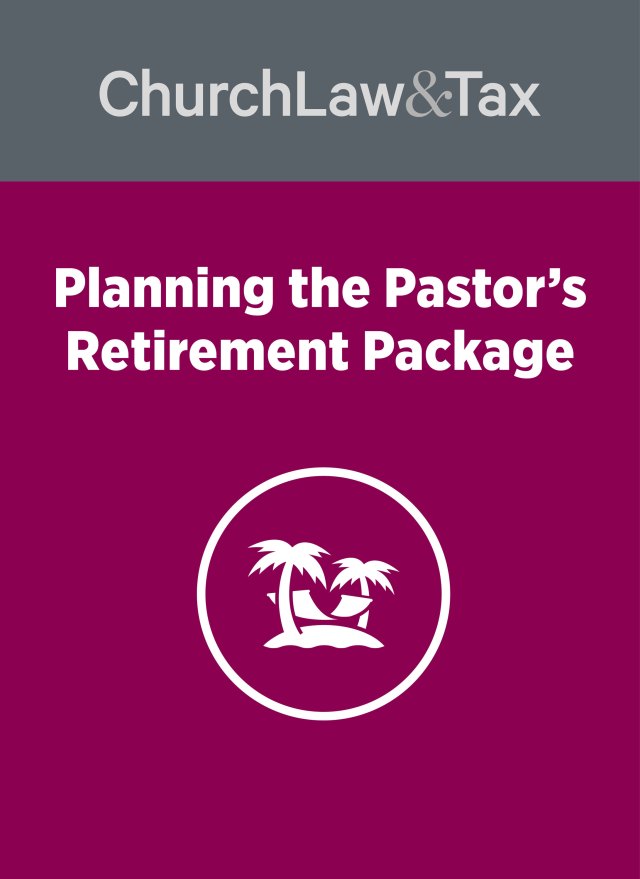Many churches that filed a timely Form 8274 (waiving a church's obligation to pay the employer's share of FICA taxes on the wages of nonminister employees) are not advising employees of their obligation to report and pay social security taxes as self-employed persons.
In many cases, the church employees are simply not paying any social security taxes. The nonminister employees of any church that filed a timely Form 8274 are treated as self-employed for social security purposes, meaning that they must estimate and prepay (in quarterly installments) their self-employment tax obligation.
Employees should obtain Form 1040-ES, and use the worksheet included with the form to estimate their self-employment tax liability. One-fourth of the total liability is then paid to the IRS with a payment voucher (included with the form) by April 15, June 15, September 15, and the following January 15 of each year. Alternatively, some churches are withholding additional taxes to cover the self-employment tax liability. The additional tax withholding of course requires that each employee complete a revised W-4 form and the additional withheld taxes are reported as withheld income taxes on the church's quarterly Form 941.
An employee's Schedule SE lists his or her total self-employment tax liability, but this is offset by the additional withholding reported as a credit on the employee's Form 1040. While the IRS has never specifically sanctioned this procedure, it is unlikely that it would object since the total tax liability is in fact paid.
The same approach is used by some ministers who elect voluntary income tax withholding and who increase their withholding to cover their self-employment tax liability.
Finally, churches that obtained a refund of FICA taxes after filing the Form 8274 must distribute to church employees that portion of the refunded taxes allocable to employee withholding.


